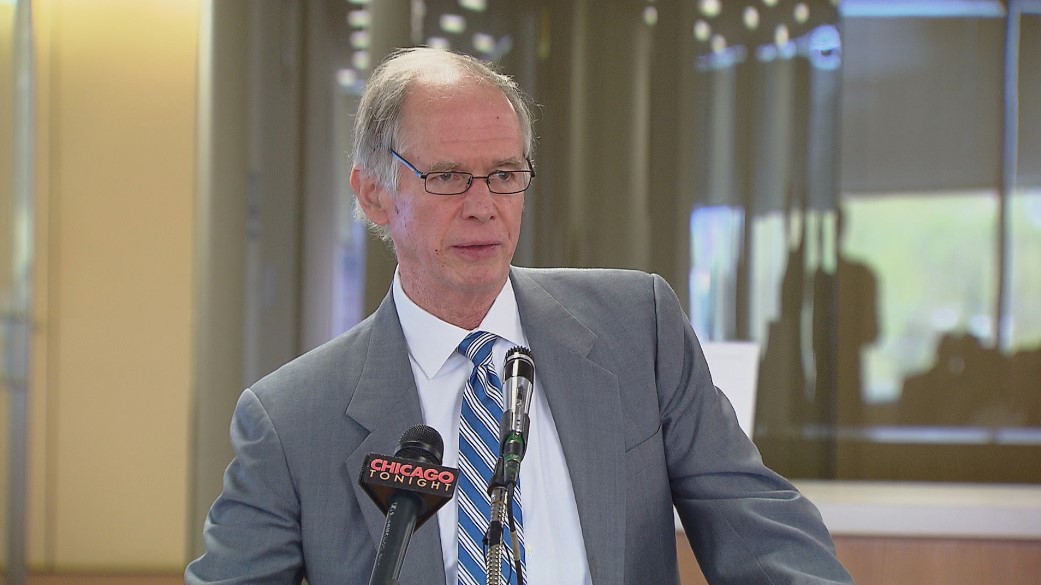
Justice isn’t always best served from a bench in a courtroom. Sometimes, it takes the form of rehabilitation, empathy, and community reintegration. This has been the driving philosophy behind Judge Charles Burns‘ groundbreaking Rehabilitative Alternative Probation (RAP) Program, a two-year felony drug treatment initiative for non-violent drug-related offenders. It’s this innovation that recently led to Judge Burns’ induction into the Stanley Goldstein Treatment Court Hall of Fame.
The RAP Program, and its female counterpart, the Woman’s Rehabilitative Alternative Probation (WRAP), provides an alternative route to the traditionally punitive response of imprisonment. Through a comprehensive package of support, services, and accountability, the program aims to help participants overcome their addictions and readjust to the community as sober, changed individuals.
At the core of the RAP program is the belief that individuals have different needs and challenges that require tailored responses. Men and women, for instance, face unique issues during their recovery journey, which the program addresses by providing gender-specific services. Regular court appearances, frequent drug and alcohol screens, self-help support groups, and additional treatments or counseling recommended by the RAP team all form part of the comprehensive care that participants receive.
One of the program’s most significant triumphs has been the successful partnerships with community organizations, which has allowed the RAP program to extend its support to other life areas. The program assists participants in finding and securing both interim and long-term housing, furnishing their new homes, and offering career employment and financial credit services. There are also mental health counseling and trauma-informed treatment services available.
In a novel collaboration with the Cook County Housing Authority, the RAP program has started providing housing vouchers to participants and graduates since 2018. This approach has addressed housing instability, a significant barrier for many treatment court participants, and is recognized as a model for other national programs. It has already secured housing for 16 individuals.
Upon completing the RAP program, participants aren’t just returning citizens – they’re transformed individuals. They can expect to have their probation terminated satisfactorily, their cases dismissed, and their convictions expunged, clearing the path for a fresh start in life.
The effectiveness and the impact of the RAP program haven’t gone unnoticed. All Rise, the leading training, membership, and advocacy organization for treatment courts, recently honored Judge Burns by inducting him into the Stanley Goldstein Treatment Court Hall of Fame.
The RAP program signifies a significant paradigm shift in dealing with non-violent drug-related offenses. Championed by Judge Charles Burns, it brings a fresh perspective to the field, demonstrating that rehabilitation, community reintegration, and the opportunity for a fresh start can form the cornerstone of a more compassionate justice system.
